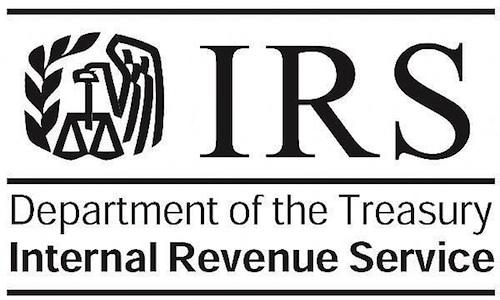On July 1, President Trump signed the Taxpayer First Act into law. This new bipartisan IRS reform creates for the first time anti-retaliation protections for tax fraud whistleblowers who file claims under the IRS whistleblower program. The Act closes a devastating loophole in corporate whistleblower protections, includes significant reforms to the IRS whistleblower reward law, and expands safeguards addressing the types of ID theft that have plagued taxpayers in recent years.
“The Taxpayer First Act closes the largest loophole in corporate protections. For the first time employees who expose tax fraud, which often include violations of the Bank Secrecy Act and anti-money laundering law, are protected from retaliation. Whistleblowers have uncovered tens of billions of dollars in tax frauds yet lacked minimum job protections,” said leading tax fraud whistleblower attorney Stephen M. Kohn, partner at Kohn, Kohn & Colapinto.
Highlights of the new law include:
- The IRS will submit plans to Congress relating to improving the infrastructure of its operations and modernizing its technology systems.
- The IRS will provide independent appeals to all taxpayers who have a legitimate claim. If a request for review is denied, the IRS must establish the reason in writing.
- Certain low-income taxpayers may benefit from a waiver for the initial fees applicable to an offer in compromise (OIC). The OIC fee waiver will be available to taxpayers with an adjusted gross income (AGI) below 250% of the poverty level.
- Currently, the IRS uses private collection agencies for some tax debtors. It will be prohibited from using private collectors for taxpayers with an AGI below 200% of the poverty level.
- The right of the IRS to seize property for failing to report cash transactions over $10,000 will be limited to cases involving illegal sources of funds or transactions structured to conceal criminal activity.
- The IRS will implement a number of ID theft measures, including establishing a single point of contact for victims and notifying taxpayers if it detects or suspects the unauthorized use of their identity.
- Greater protections will be extended to whistleblowers to the IRS comparable with measures available under other federal whistleblower laws.
- It will be easier for taxpayers to obtain “innocent spouse” relief from joint and several tax liability based on the facts and circumstances.
- Instead of using third-party processors, the IRS will accept direct tax payments from taxpayers using a credit or debit card.
- The right to reinstatement and double back-pay;
- No mandatory arbitration;
- Expeditious administrative remedies with the right to go to federal court for a jury trial;
- Compensatory damages such as special damage, attorneys fees, and costs, awarded only to a whistleblower who prevails in an employment case.
The Taxpayer First Act also enhances the existing IRS whistleblower reward program by permitting full and open communication between the IRS Whistleblower Office and whistleblowers. Due to a broad reading of other provisions in the tax code concerning taxpayer secrecy, before this amendment, this type of communication was regularly stifled. The change will facilitate the cooperation between whistleblowers and the IRS necessary to fully prosecute tax frauds.
Kohn, Kohn & Colapinto partners worked closely with whistleblower attorney Dean Zerbe, Senior Policy Analyst at the National Whistleblower Center and partner at Zerbe, Miller, Fingeret, Frank & Jadav, and the National Whistleblower Center for several years promoting these reforms.
“Today’s IRS reform bill includes much-needed reform in the tax whistleblower program to allow improved and greater communication with tax whistleblowers. Currently, it can be frustrating for the whistleblower—who commonly gets little to no information about the status of her submission to the IRS. Today, Congress directs the IRS to open the kimono a little bit so that whistleblowers can know the key facts about their submission – such as whether the IRS has referred the matter for exam and whether the taxpayer has made a tax payment. The improved communication with the whistleblower will be a big help to the IRS whistleblower program — providing comfort to whistleblowers and encouraging new whistleblowers to come forward,” Zerbe said.
Thanks for reading CPA Practice Advisor!
Subscribe Already registered? Log In
Need more information? Read the FAQs




